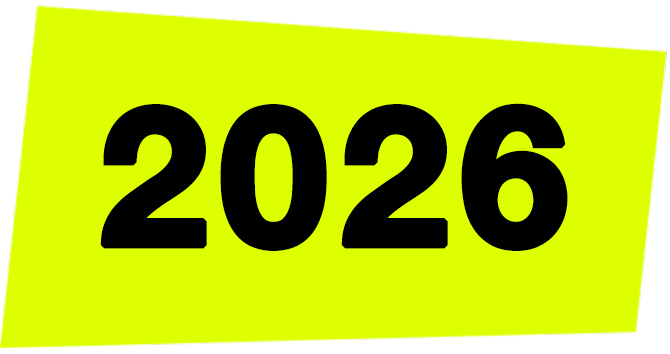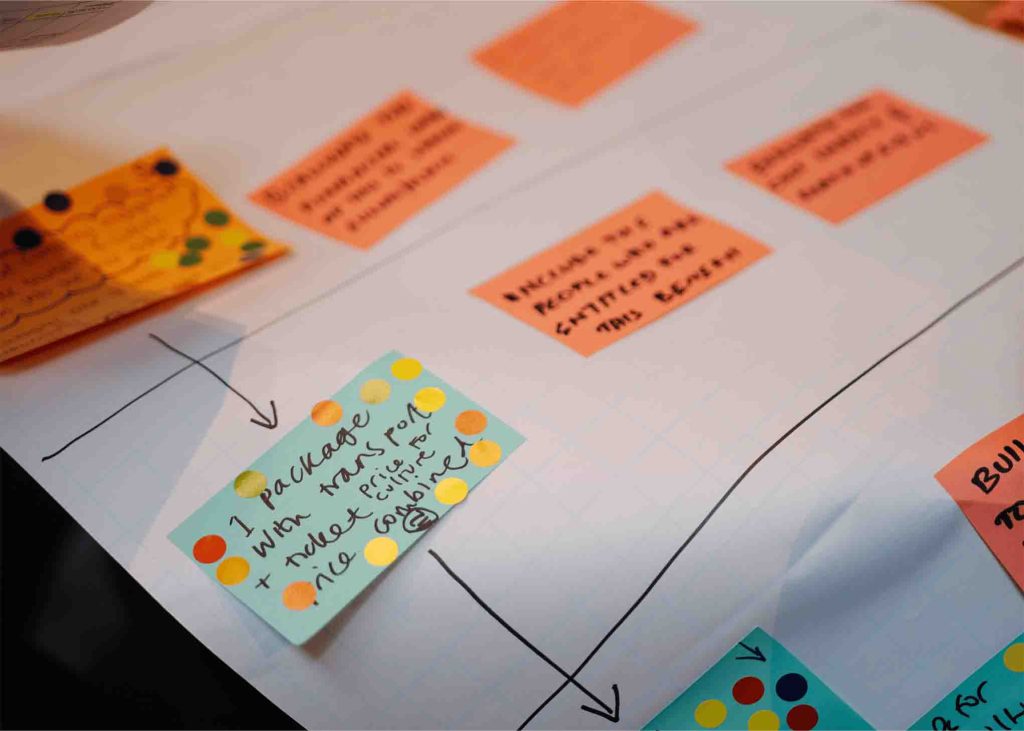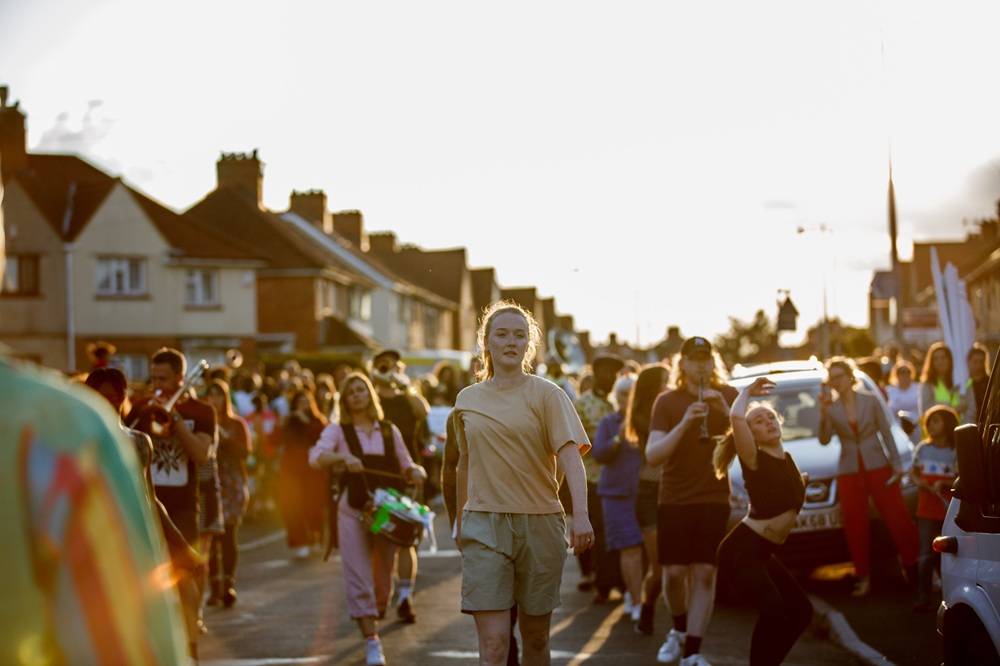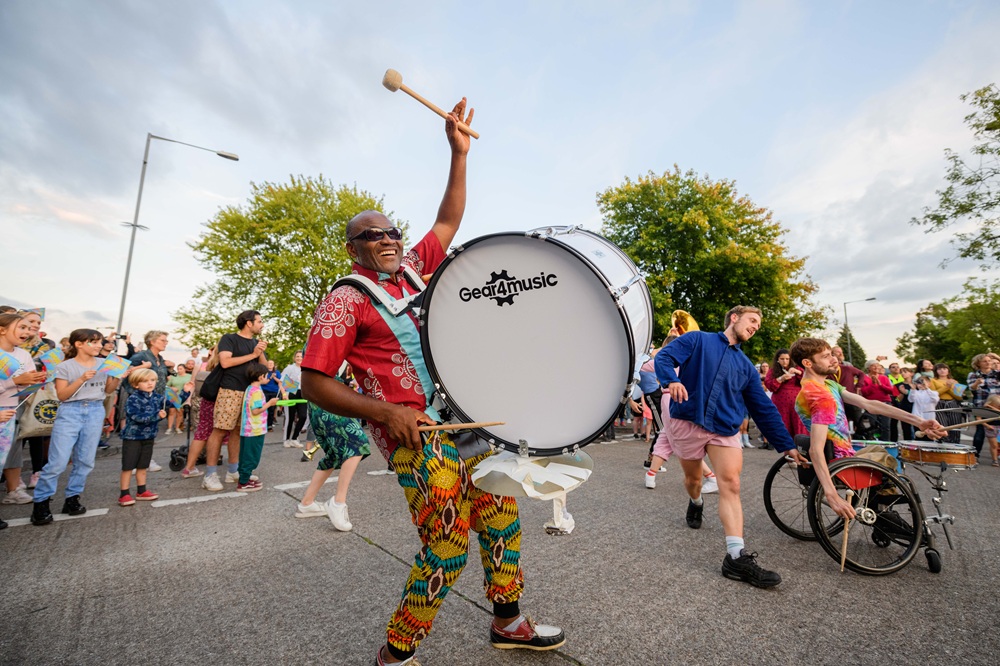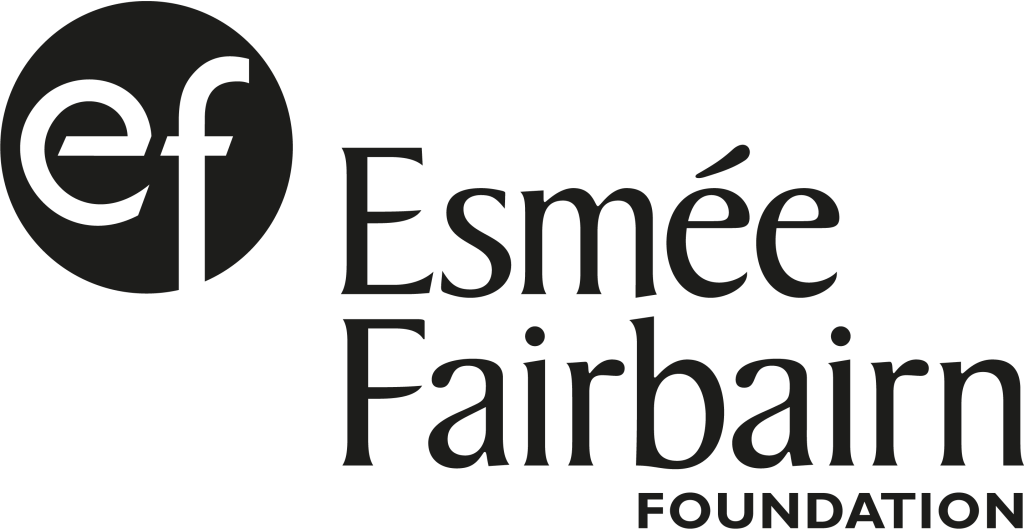The UK’s first Citizens’ Assembly dedicated to shaping a regional plan for culture and creativity has today published its report in the West of England, at an event with the Mayor and council leaders, Arts Council England, funders, and creative leaders.
More than half of the Assembly members wanted to continue their involvement over the coming three years, so the Citizens’ Assembly will now become a Citizens for Culture panel. The panel is uniquely empowered with £100,000 of funding from the Esmée Fairbairn Foundation to pilot early ideas and test new approaches. Some 100 cultural organisations and stakeholders from across the region have already committed to working together to enhance and open up the West’s world-renowned creativity.
In their Cultural Plan – www.citizensforculture.info/report – the citizens set out a vision for “a West of England where culture is for everyone as part of everyday life, where everyone can take part, be heard, and feel proud of where they live.” They considered not just how people could be including in existing cultural structures, but whether those structures need to change. Their recommendations include working to:
- Open up parks, libraries, schools, heritage buildings, and unused spaces to gather and create, repurposing unused sites as shared creative resource hubs
- Create an easy-to-use local and regional directory showing what’s on, where, and how to join in
- Set up smaller local cultural assemblies to help guide future funding and decisions, with rotating memberships and publish details about cultural funding, involving local people in decisions, and working with underrepresented groups
- Embed creative learning into school life and link with local arts providers
- Develop creative solutions for more affordable and accessible transport options, trialled by selected venues with transport providers
Maria, a member of the Citizens’ Assembly, said:
“I gained so much from being part of the Assembly. The workshops were really well run, and as an artist I enjoyed the different ways the facilitators led them, which made the process engaging and creative. Everyone’s opinion was heard and valued, and it made you feel that you truly belonged. I gained confidence to speak and engage with different people. I am taking away valuable skills and confidence, and I realised that after taking part I didn’t have to be an expert, as contributing came naturally. My hope now is to see how the plan develops in the future and how what we have planned comes to life.”
Gareth, a member of the Citizens’ Assembly, said:
“I found the Citizens Assembly and enlightening experience. Not only did it make me more aware of the cultural activities in the area and the challenges facing them, but it made me more aware of their value. Before the assembly I would have considered such activities as “nice to have”, now I see them as vital to our communities to bring people together and raise understanding.”
Project Partners Emma Harvey, LaToyah McAllister-Jones, and David Jubb said:
“Citizens for Culture exists because too many decisions about culture are made without the people they affect. This Assembly showed that when citizens are given time, support and real responsibility, they make thoughtful, ambitious and practical choices. Their Cultural Plan isn’t a wish list, it’s a shared direction for the region, shaped by people who live here and care deeply about our region’s future. What happens next depends on all of us choosing to work differently, together.”
Dame Caroline Mason, CEO of the Esmée Fairbairn Foundation, said:
“Citizens for Culture shifts power to local people – giving them direct control over investment into culture where they live. We’re excited and proud to be supporting the realisation of this citizen-led plan and its potential to influence change across the UK.”
Helen Godwin, Mayor of the West of England, said:
“Whether it’s Weston reaching the third round of the FA Cup, Aardman winning an Oscar, Bath’s ever-growing tourism offer, or Rivals winning an Emmy, the West’s culture is unmatched. With more investment on the way, the best is yet to come. I’m thrilled that the Citizens’ Assembly will continue as the Citizens for Culture panel, with funding to pilot their ideas. This report is an important moment, with recommendations ranging from parks to schools to transport. We know how important it is to open up our region for everyone to have chance to enjoy, as Kids Go Free proved over the summer and Christmas school holidays. I’m looking forward to working with the citizens, our wider communities, creative sector, and councils to make culture more accessible for all.”
| This year, the West of England becomes one of just six regions to access £25 million of devolved funding through the Government’s Creative Places Growth Fund. The creative industries are a key part of the Growth Strategy for the coming decade, which aims to create 72,000 new jobs here in the country’s fastest growing region (+3%, 2023). Since 2015, almost 18,500 jobs were created in the sector in the West – the most of any English region, including London. |
Culture Secretary, Lisa Nandy said:
“This Citizens for Culture panel is a shining example of how we can put communities at the heart of cultural decisions that impact them. The people of the West of England have created a bold vision for culture that truly belongs to everyone.”
“Our ambition is that every corner of this country will flourish as part of the UK’s position as a creative superpower, maximising the value and impact of our content, services, products and skills. We are supporting the West of England and 5 other priority places with a £25 million investment each from the Creative Places Growth Fund.”
Phil Gibby, Area Director for the South West at Arts Council England, said:
“The learning from the Citizens’ Assembly is essential reading for everyone with an interest in arts and culture in the West of England. It’s encouraging to know that the journey will continue, and we look forward to engaging with the conversations that lie ahead.”
Over 15,000 randomly selected households from across the West were invited to take part in a unique people-powered process; a two-stage civic lottery designed and delivered by the Sortition Foundation chose 51 citizens who together reflected the region’s diversity to answer the question: “What would culture and creativity look like in the West of England if they were for everyone?” The Assembly was designed to include people to respond to this question who are often excluded from cultural decision-making, so that citizens, not institutions, can shape priorities and remain involved in decisions about what happens next.
From September to November 2025, 51 citizens from all walks of life took part in eight days of briefings and workshops with stakeholders and experts from across the region and beyond. In all four local authority areas that make up the West, citizens identified consistent long-term priorities including equity of access, transparent funding, sustainable capacity, strong governance, and culture’s wider social and economic role. Citizens from each area wrote vision statements for their part of the region, alongside a regional action plan.
Citizens for Culture – a partnership between Trinity Community Arts, Involve Associate LaToyah McAllister-Jones, Citizens in Power, and the West of England Mayoral Combined Authority – is backed by Bath and North East Somerset Council, Bristol City Council, North Somerset Council, and South Gloucestershire Council. Citizens for Culture is also supported by Arts Council England, the Calouste Gulbenkian Foundation, Esmée Fairbairn Foundation, and Paul Hamlyn Foundation.
